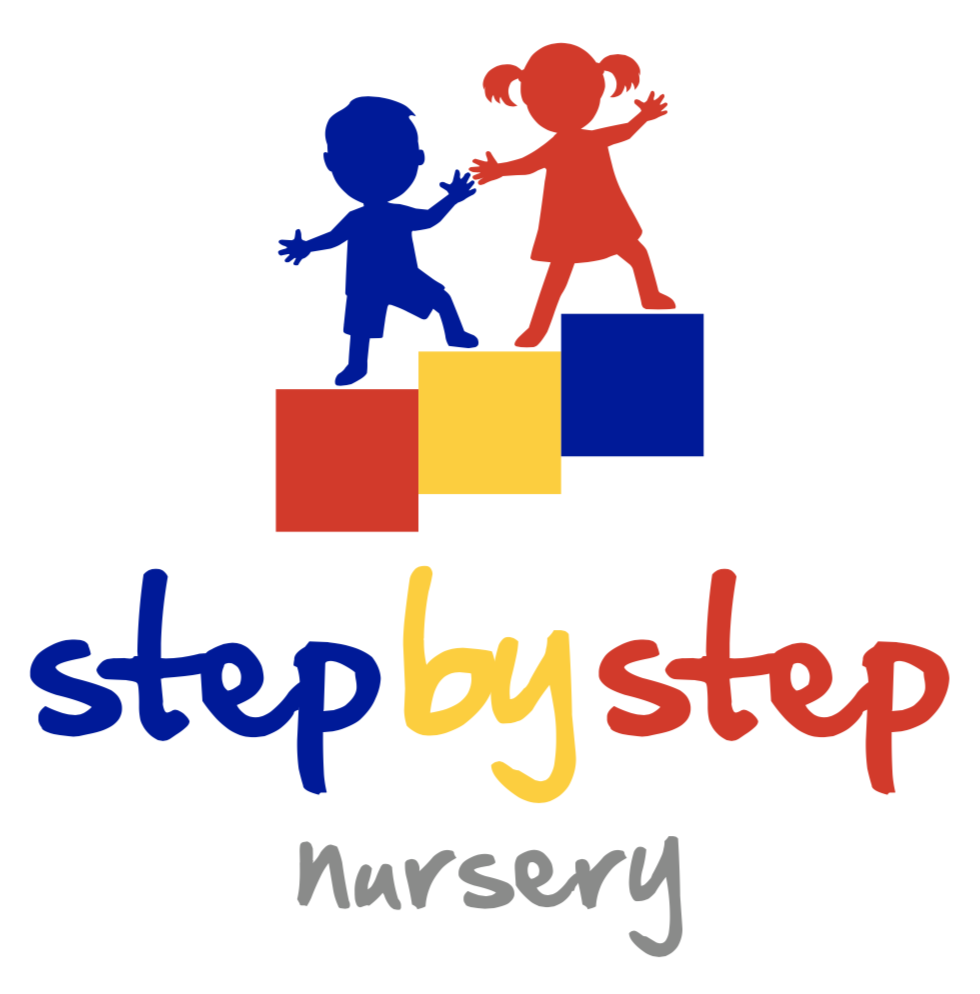
Children wonder, explore and discover without being taught to do so and they enjoy science because it complements this natural curiosity. Introducing science and experiments is just an extension of their everyday world – more experiments and exploring leading to new exciting discoveries. Both inside and outside the classroom, science activities help children interact with the world around them.
Educators aim to create experiences that encourage discovery through play, asking questions, exploration and the use of creativity to solve simple problems. Children learn a lot more when they are involved in learning so activities that encourage discussions are always beneficial.
Using the Five Senses
Children need to use their senses and hands-on science activities are a great way to engage multiple senses such as sight, hearing, touch, taste and smell.
Science activities also promote critical thinking skills – children start asking questions like how, what and why and with most science activities, they are even able to answer these questions themselves. Seeing the result of the experiments always triggers excitement!
Communication
Most science activities involve group work and discussions as well as taking turns. It not only encourages talking and asking questions, it involves listening to others. They therefore encourage communication and promote social skills when children talk about what they see, feel, taste, hear, smell and discover.
Teaches Children About the World Around Them
By doing things and seeing the consequences and learning about how things work, children are exposed to experiences that teach them about the world around them. By asking questions such as “will the ice melt faster in the sun than in here?” children develop problem solving skills. Predicting outcomes of the experiments also gives children the opportunity to use critical thinking skills.
Vocabulary
Science activities can help increase descriptive vocabulary by not only introducing words, but bringing meaning to them (words such as sink, float, microscope, species, dry, heavy, light, experiment, hot and cold). Activities that invite discussion help to increase vocabulary.
Teaches Children Patience
Many science experiments take hours, days and even months to complete so by waiting eagerly for the result, children learn patience. Science also provides children with the opportunity to develop their observational skills and identify changes and differences such as ice melting.
Use of Equipment
By performing science experiments, children learn how to use equipment safely and correctly. Equipment could include jugs, magnets, magnifying glasses, safe chemicals and food.
Science activities help to develop inquisitive minds that are eager for results and are trained for problem solving.


